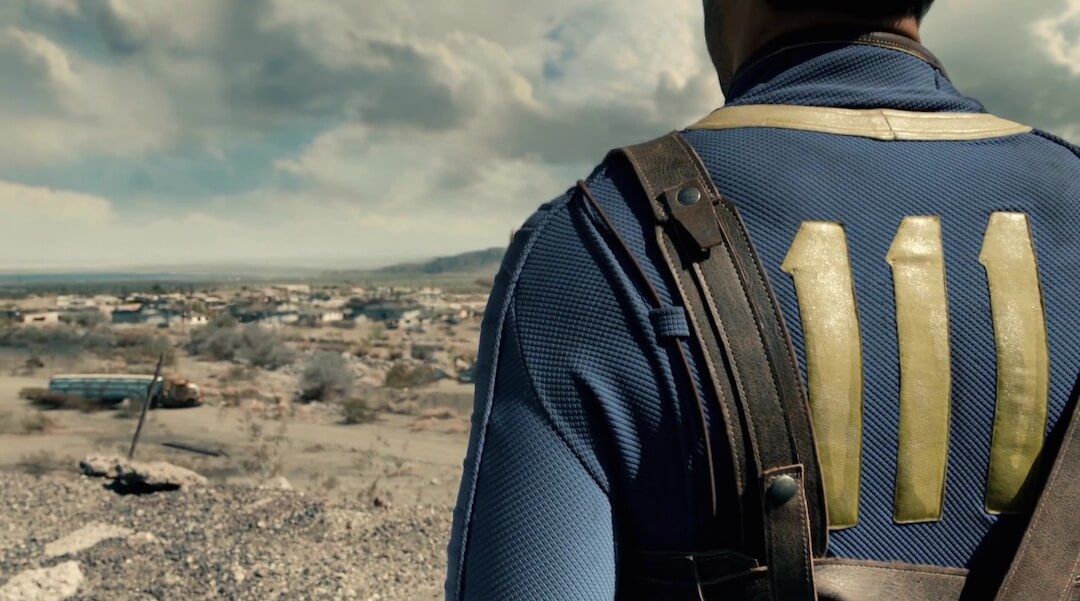Fallout 4's story has a level of intensity and personal attachment that has not been seen in the series for some time - but does it fit with the game's open world style?
Fallout 4 is one of the best video games I have played in a long time. It’s managed to improve upon not only the previous Bethesda-published Fallout games, but also the most recent Elder Scrolls titles. Combining improved combat mechanics with an enticing world to explore, the game's version of Boston is a fantastic setting to get lost in. Not only that, but Bethesda has added a deeper and more personal story to its repertoire.
The plot itself is full of an urgency unseen in Bethesda games up until this point. Without going into full spoilers, the story revolves around a parent searching for their lost child, awakening in a world very different from the one they remembered. Fallout 4’s protagonist has a reason to act, with needs so frantic that it would be rude to ignore them.
Unfortunately, that’s exactly what I have done when playing the game. Faced with a mystery to solve, and a family to reunite, my wasteland wanderer has instead focused on other matters, such as clearing towns of dangerous mutants, taking down hordes of vicious bandits, and solving critically important sidequests such as painting walls and collecting baseball memorabilia. For all of the story's gravitas, an open world just begs to be explored.
It's perhaps a testament to Bethesda that I feel a little guilty about this, and leaving my in-game child in an unknown location. However, it's still an issue that may need addressing. Unlike most of the previous games in the Fallout series, the player character has a deep and personal connection to the central plot, and a great deal of backstory to be included in characterization. There's something not quite right about making a moralistic, focused parent take time out of their quest to receive a haircut and facial reconstruction.
There are surface similarities to Fallout 3, of course, which also resolved around the search for a missing family member. However, in Fallout 4 there is much less room to justify a character pottering about in search of fusion cores. Fallout 3’s missing father was a more than capable adult, with a mission of his own that he wanted to complete. Equally, the player character had much more room to explore and even gave context for a moral shift. Thrust into a new world from the sheltered life of Vault 101, it's more feasible to see Fallout 3's protagonist become an independently-minded survivor than the parent of Fallout 4.
In The Elder Scrolls, Bethesda's other standout series, the games have also never placed much of an emotional tie to the story. The player character has never had a personal stake in the fate of the world, from Morrowind’s prisoner, to Oblivion’s assassination, and even Skyrim’s dragon attack. The player character was never truly involved in any of these, aside from a nebulous destiny to be evoked. This gave some kind of justification to the character's sidetracking, allowing the player to complete side missions without much guilt over allowing dragons to breathe fire on unsuspecting farmers across the realm.
It's hard to see how Bethesda could have acted on this sense of unease, however, and it's worth stating that the main story of Fallout 4 is the best in the RPG series for decades. It's extremely hard to gel together a high level of player freedom with an important plot, and the development team has done extremely well to progress the way it has on the matter. Nonetheless, the question of why a father or mother would stop their search for a missing child to track down collectible Bobbleheads isn't an easy one to address.
There is, perhaps, one way in which Bethesda could have added an additional level of plot urgency to the game - and one that harks back to the original Fallout. Although most gamers hate timed missions, they were an integral part of the first game in the franchise. If the player did not find a working water chip within 150 in-game days, the entire population of Vault 13 would die and the player would receive a Game Over. Initially, there was even a second time limit to complete the game, although Black Isle eventually patched this to make it a little less strict.
This may seem like a severe step for the game, but other modern RPGs have also used timed missions to great effect. Mass Effect 2 would penalize players for dawdling on a certain mission, resulting in the deaths of some important characters. It may not be for everyone, but this step could have made gamers think twice before prioritizing a radio DJ's confidence over the life and death of their character's child. Perhaps interested players could look to a modder for answers – after all, they've already given us a monster companion to explore the wasteland with.

